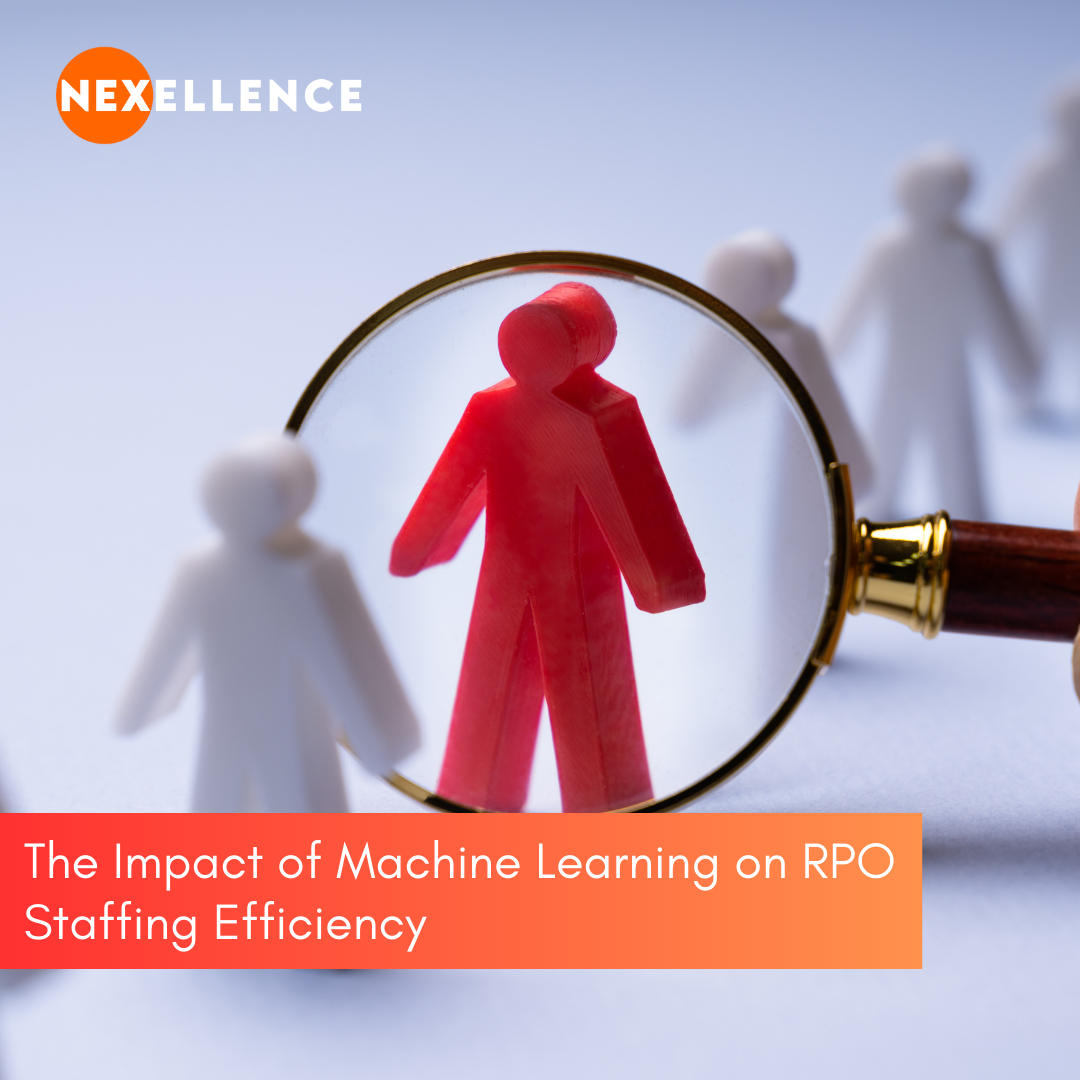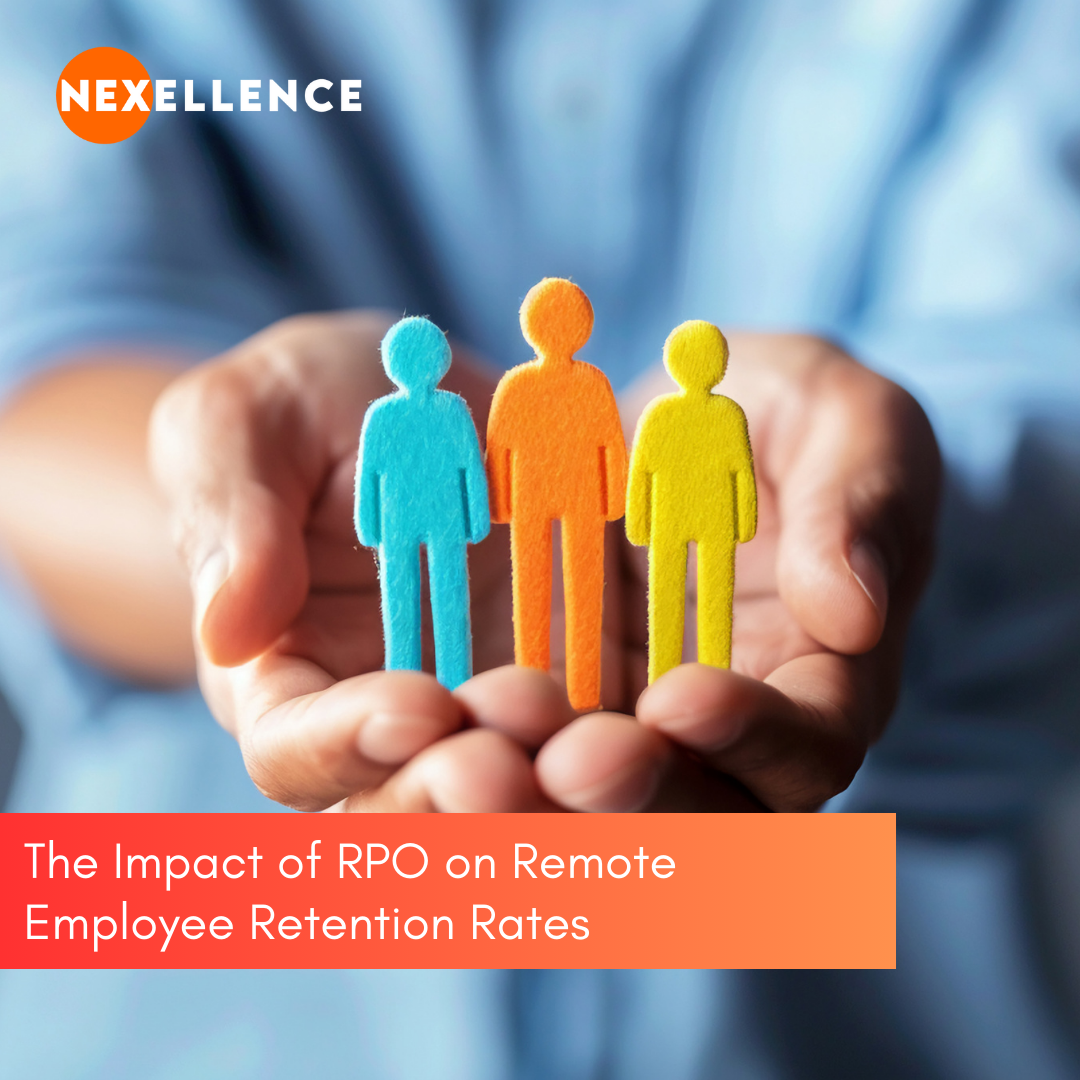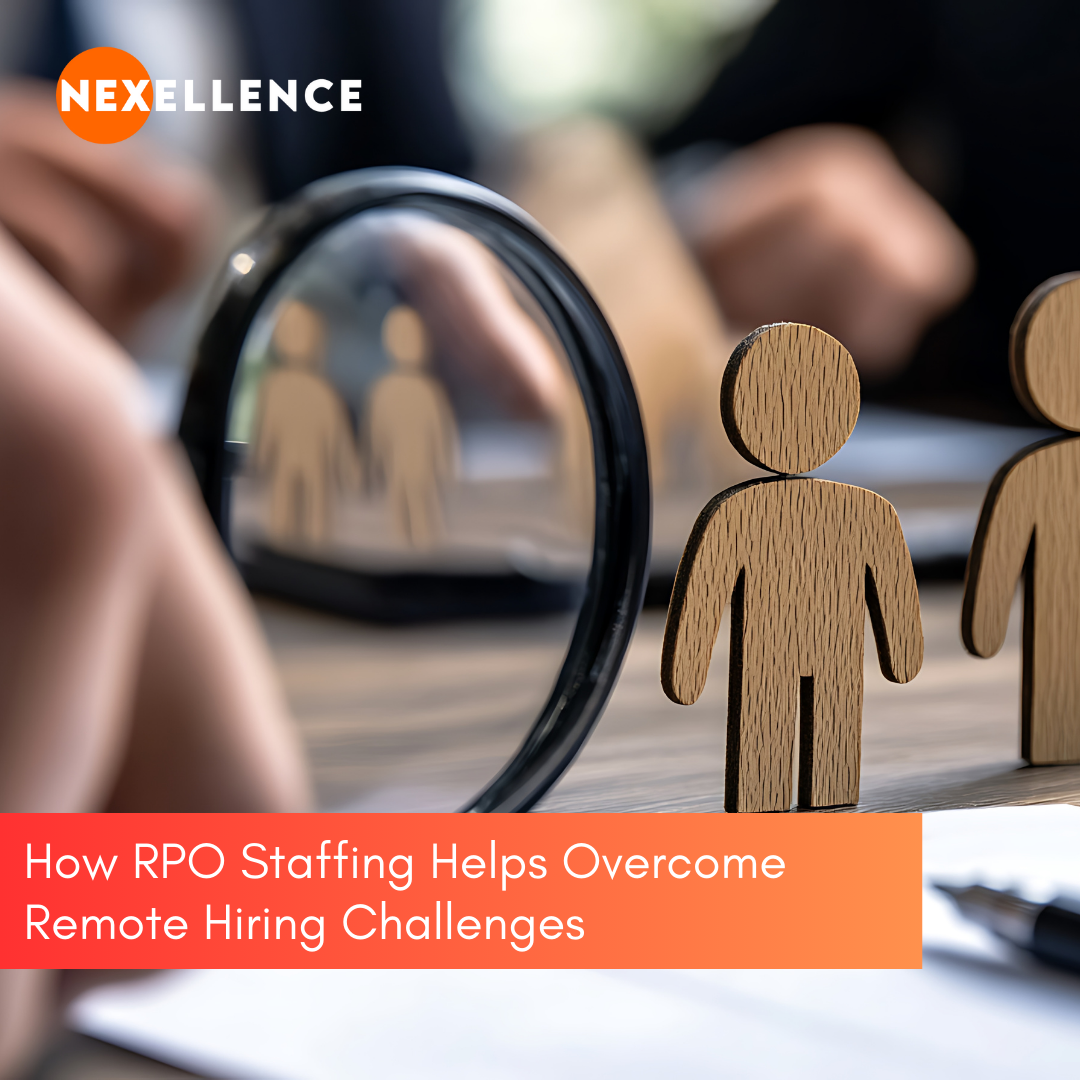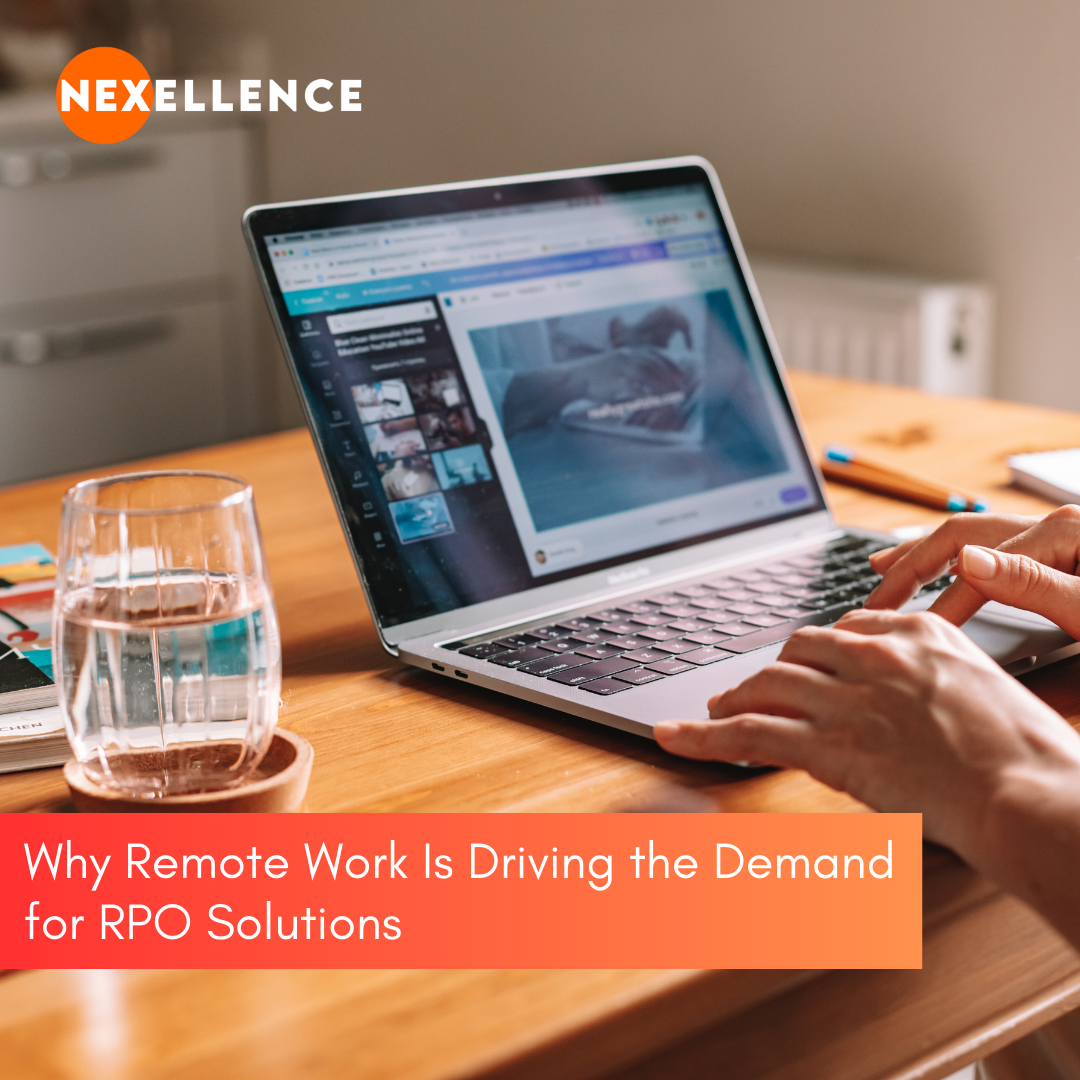In the ever-evolving world of talent acquisition, organizations are under constant pressure to hire the right candidates faster, smarter, and more cost-effectively. Recruitment Process Outsourcing (RPO) has long been a go-to solution for businesses looking to optimize staffing. Now, with the integration of Machine Learning (ML), RPO is being transformed into a more predictive, data-driven, and highly efficient model.
What is Machine Learning in RPO?
Machine Learning, a branch of artificial intelligence, enables systems to analyze large volumes of data, recognize patterns, and make decisions with minimal human intervention. In RPO, ML can be applied to streamline candidate sourcing, screening, matching, and even onboarding, ultimately enhancing overall staffing efficiency.
Key Impacts of Machine Learning on RPO Staffing
1. Smarter Candidate Sourcing
ML algorithms can scan job boards, professional networks, and databases to identify potential candidates more quickly than manual searches. By analyzing skills, experience, and career trajectories, ML helps recruiters find high-quality talent faster.
2. Improved Screening & Matching
Traditionally, recruiters spend hours reviewing resumes. ML-driven tools can instantly filter applicants, assess qualifications, and even predict cultural fit by analyzing past hiring data. This ensures better alignment between candidates and job requirements.
3. Predictive Analytics for Hiring Success
Machine Learning models can forecast candidate success rates by comparing applicant profiles with performance data from current employees. This predictive capability reduces turnover and improves long-term hiring outcomes.
4. Enhanced Candidate Experience
Automated chatbots powered by ML can engage candidates 24/7, answer queries, and guide them through the application process. This personalized interaction keeps candidates engaged while reducing recruiter workload.
5. Bias Reduction in Hiring
By focusing on data-driven insights rather than subjective opinions, ML can help minimize unconscious bias in recruitment. This promotes diversity and inclusion in staffing processes.
6. Faster Time-to-Hire & Cost Savings
With automated sourcing, intelligent shortlisting, and predictive insights, RPO providers can drastically cut hiring timelines and reduce costs associated with prolonged vacancies.
Challenges to Consider
While ML brings powerful benefits, organizations should also be mindful of potential challenges:
- Data Privacy & Compliance – Candidate data must be handled securely and ethically.
- Algorithm Bias – If trained on biased data, ML systems may unintentionally perpetuate bias.
- Human Touch – Over-automation may lead to a lack of personal connection with candidates.
The Future of RPO with Machine Learning
As ML technology matures, RPO providers will increasingly move from reactive recruiting to proactive talent strategies. Expect to see advanced workforce planning, real-time labor market insights, and hyper-personalized candidate journeys powered by intelligent algorithms.





